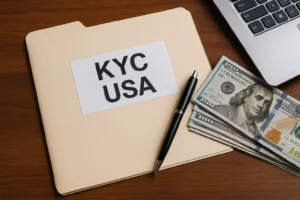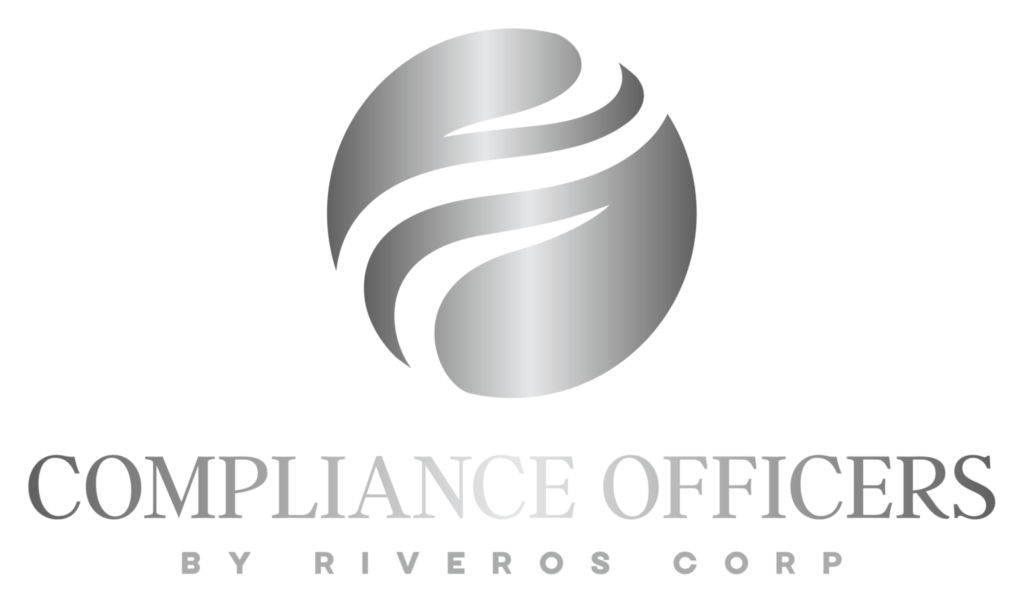Introduction: Why FinCEN requirements matter for small businesses
Staying compliant with FinCEN Requirements is crucial for small businesses in the United States. Under the Corporate Transparency Act (CTA), businesses must file Beneficial Ownership Information (BOI) with the Financial Crimes Enforcement Network (FinCEN). For many entrepreneurs, these rules feel overwhelming. However, Compliance Officers can serve as strategic partners, guiding you through the process and helping avoid penalties.
In this guide, you’ll learn how the CTA affects small businesses, why BOI matters, and how Compliance Officers simplify the filing process. By the end, you will see the value of expert support in achieving CTA compliance with confidence.
Understanding the corporate transparency act (CTA)
The Corporate Transparency Act (CTA) aims to combat money laundering and terrorism financing by uncovering who truly owns or controls a business. If you have at least 25% ownership or significant control, you must file your details.
Previously, some companies functioned as shells, hiding illegal activities. Now, the CTA pulls back the curtain by requiring transparent ownership records. While this increases paperwork for small businesses, it also protects you from criminal misuse.
Why CTA compliance is important
- Legal Protection: Failure to comply can result in fines or criminal penalties.
- Credibility: Transparency builds trust among clients and investors.
- Long-Term Stability: Following regulations reduces risks and promotes growth.
The role of FinCEN
FinCEN, a bureau under the U.S. Department of the Treasury, enforces the CTA. It collects and analyzes BOI, sharing insights with law enforcement when necessary. As a business owner, you’re responsible for submitting accurate information to FinCEN—and updating it whenever ownership changes.
Tip: Filing is not a one-time task. Compliance Officers keep track of ongoing FinCEN Requirements and ensure timely updates.
Beneficial ownership information (BOI): What you need

Do you need to file?
Most U.S.-formed corporations, LLCs, and similar entities must comply with FinCEN Requirements unless they qualify for an exemption. Generally, publicly traded companies and heavily regulated industries (e.g., banks) are exempt. For small, private businesses, filing is usually mandatory.
Compliance Officers clarify whether you must file and help interpret any exemptions to prevent accidental violations.
Key deadlines and penalties (March 2025 update)
Deadlines have shifted due to legal challenges. As of March 6, 2025:
- New Entities (formed on or after January 1, 2024): Initially had 30 days from formation to file.
- Existing Entities (formed before January 1, 2024): The original deadline was January 1, 2025.
FinCEN has paused penalty enforcement because of ongoing lawsuits. However, if penalties resume, civil fines could reach $500 per day. Willful violations might even lead to jail time. Although enforcement is on hold, inaccurate or incomplete filings can still cause problems. A Compliance Officer can review and ensure you’re prepared once regulations solidify.
Deadlines and filing standards are constantly evolving. To avoid penalties, make sure you are up to date with the latest rules by reviewing this practical guide: FinCEN Filing 2025: What You Need to Know About BOI Submission for Your Business.
How to file your BOI
If you are preparing your first BOI Report, you’ll want to make sure every requirement is crystal clear. This step-by-step resource explains how Compliance Officers can guide you through the process: FinCEN Reporting Requirements 2025 , How Compliance Officers Can Help You Prepare the BOI Report.
The strategic advantage of hiring Compliance Officers
While you can handle FinCEN Requirements alone, professional assistance offers significant benefits. Compliance Officers specialize in risk management, governance, and regulations.
Benefits of working with Compliance Officers

Staying updated on ownership changes
The CTA demands accurate BOI at all times. If someone new gains 25% ownership, or if a controlling individual leaves, you must update your filing promptly.
Compliance Officers:
- Identify triggering events quickly.
- Obtain updated data.
- File amendments correctly and on time.
Current legal challenges to the CTA
Legal battles in the Fifth Circuit and other courts question the CTA’s enforceability. As of March 2025, FinCEN is holding off on strict penalty enforcement. New rules may also limit reporting to foreign entities. Because these changes can be confusing, Compliance Officers help you stay ahead of the latest updates.
Building credibility through transparency
Compliance isn’t just about avoiding fines. Being transparent also:
- Builds trust: Investors and clients appreciate clear ownership records.
- Facilitates financing: Banks prefer businesses with strong compliance histories.
- Ensures longevity: You reduce the likelihood of future legal troubles.
Compliance Officers: Your essential partner
Going it alone can be time-consuming and risky. Partnering with Compliance Officers ensures you understand FinCEN Requirements, submit accurate BOI, and meet every deadline.
They:
- Guide you through each step.
- Implement effective record-keeping systems.
- Train staff on when BOI updates are needed.
- Adapt quickly if ownership structures change.
Conclusion: Embrace transparency to secure your future
The Corporate Transparency Act marks a new era of financial openness. Proactively meeting FinCEN Requirements not only boosts your credibility but also safeguards you from fines and penalties. Instead of managing complex filings alone, consider the support of Compliance Officers.
With expert help, you’ll fulfill FinCEN obligations while focusing on growing your business. Transparency isn’t a burden—it’s a competitive advantage.
Compliance for small businesses often overlaps with broader transparency regulations, such as FOIA. For a clearer picture of how public access to information works, explore this guide: FOIA Process: A Complete Guide to Understanding and Navigating the Freedom of Information Act.
Legal Disclaimer:
This article is provided for informational purposes only and does not constitute legal advice. The content herein is not intended to substitute professional legal consultation. For specific guidance regarding your individual circumstances, please consult directly with a qualified attorney licensed to practice in your jurisdiction.









